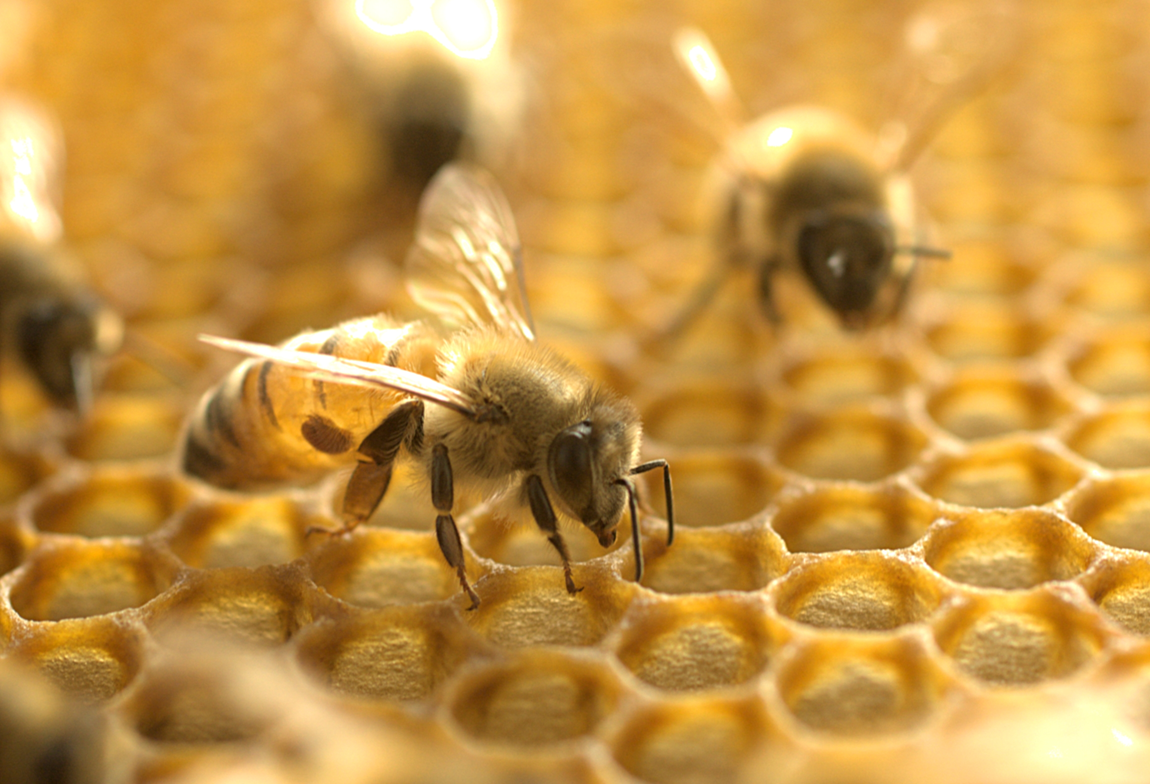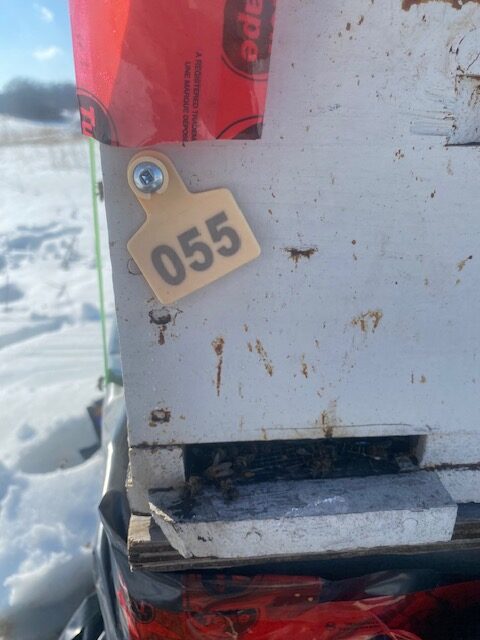
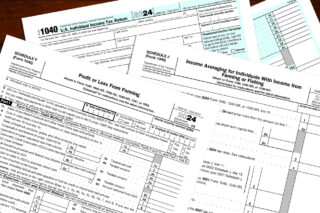
You Cannot Succeed in how to become a commercial beekeeper if you do not now how to measure, and repeat, a profitable year.
In beekeeping you need to go into the year with a reasonable guess of how much time and money raising bees will cost. Then you need to know what products to sell.
Sometimes, knowing how to do farm taxes can make, or break, your farming year.
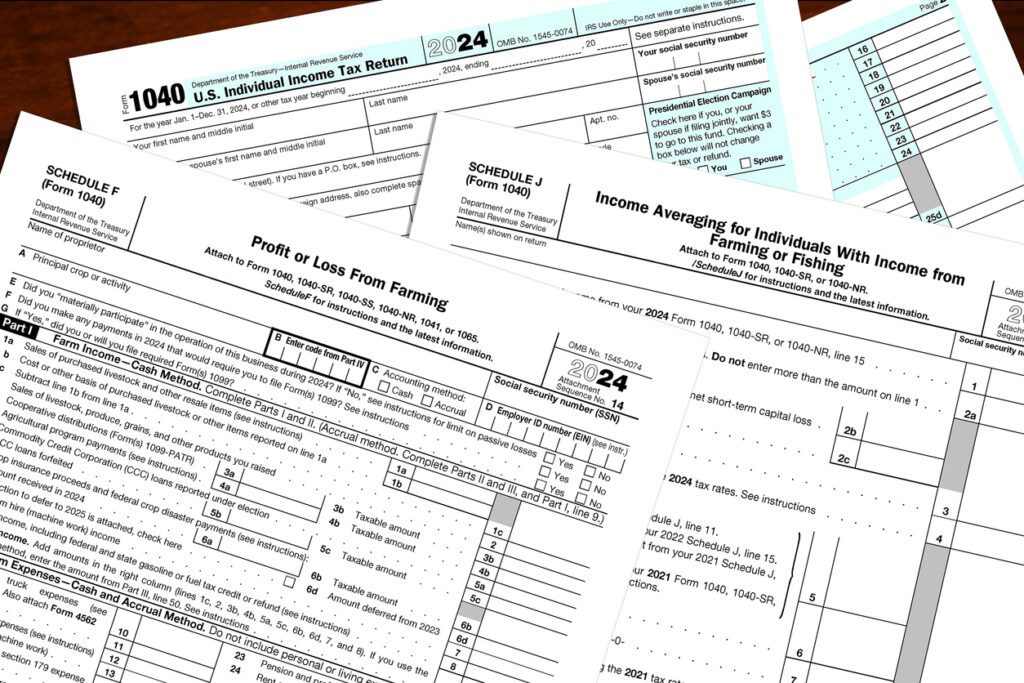
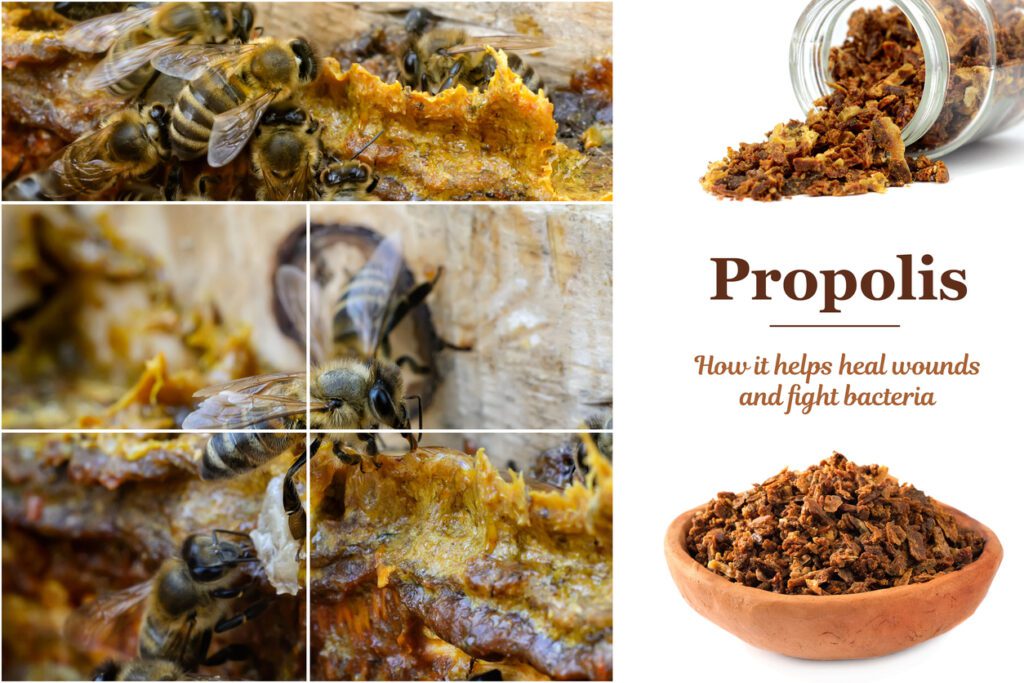
More Than Honey For Sale
Bees produce more than honey for sale. It is important to explore ALL your markets, and find out which is most profitable. For us, honey is a by product of our main products.
Apiary Success is ALL About the Numbers
You have to know your numbers and how to use them. Here are some of our numbers. Here is an example of how we make decisions about what to sell.
I am sharing some of our strategies, and our plans so you will have a place to start your own project projections. This is NOT an extensive look into our project management strategy. It is not meant to tell you the best way to get started or grow your business.
1 box of honey generates $210 to $315 dollars
- Over the course of a summer it takes 8 man hours to generate that box of honey, at a cost of $18 an hour. Total cost is $64
- It takes about $10 of pesticides.
- Frames will only last about 5 years, so each year we calculate about $5 for replacement of boxes.
- Shipping that box of honey to the extractor room = Truck pulling 16’ trailer for up to 30 km. Cost of gas is about $15 / number of boxes on trailer. Let’s say $.50
- Cost of labour to spin out that honey. $9
- Shipping barrel to packers. 8 barrels, 1 hour trip. $50. Let’s say $.50
- Total cost of producing the box of honey. $89
- Profit $121 – $226.
Cost of selling a nuc with a new queen
- Queen $55
- Nuc Box $10
- Frames ($4.5) $18
- Bees (we estimate this to be $64 (cost of a hive $385/6 frames of bees)
- Total cost $147 selling price $250
- Profit $102
- Cash on hand $167 (this is because the $64 in bees didn’t cost you anything.
- If you graft your own queens the cash in hand is $222
- I didn’t include labour here, because if you are reading this post you are probably a one-person apiary. However, once you hit 20 hives start to track and calculate your labour.
As you can see, it is more profitable to keep your bees than to sell nucs. Unless, you sell nucs to prevent swarms. But this is too complex a matter for this blog.
Honey Extraction
When you have over 100 hives and you receive that first check for your honey, it can be fairly exciting. The first thing you are going to do is buy an extraction line, maybe buy a skidsteer, etc.
We Did Not Find This A Good Fit For Our Farm
An extraction line will cost $100 000. To have someone else extract the honey cost $.70lb. You can keep working with your crew for a long time before you spend the $100 000.
If you want to be successful, leave your emotions at the door.
I know a lot of farmers will blow up when I say this, but ‘do not go into debt to farm.’ According to my ‘farm specialist’ accountant, ‘You will give the money to the bank, or to the government as income tax. In the long run, the bank will take more.” Or “If you don’t pay tax now, your children will need to pay tax in the future.” Or, You know the capital gains is going to hit your heirs, so start banking it now.
At first this may sound impossible but think about how much more money you would have to grow your business if you didn’t pay the monthly debt costs.
This is accumulative. If you do not go into debt for a honey extractor until you can pay in full. Then you will generate more wealth to spend on things like trucks, skid steers, etc.
I personally knew a young man who invested almost $200 000 into starting an apiary, and hiring a ‘friend’ who had no experience running a large apiary, had no farm management education, and had no formal apiary education.
The venture lasted 2 years. Not because the farmer lacked finances, or the manager made mistakes. The venture failed because there were no SOPS, there were no strategies for fixing problems.
In farming, you cannot wait until a problem happens before you deal with it. You cannot wait until ‘spring’ to decide how to do splits.
“A Failure to Plan is a Plan to Fail.”
Post tags :
Share :
Latest Post

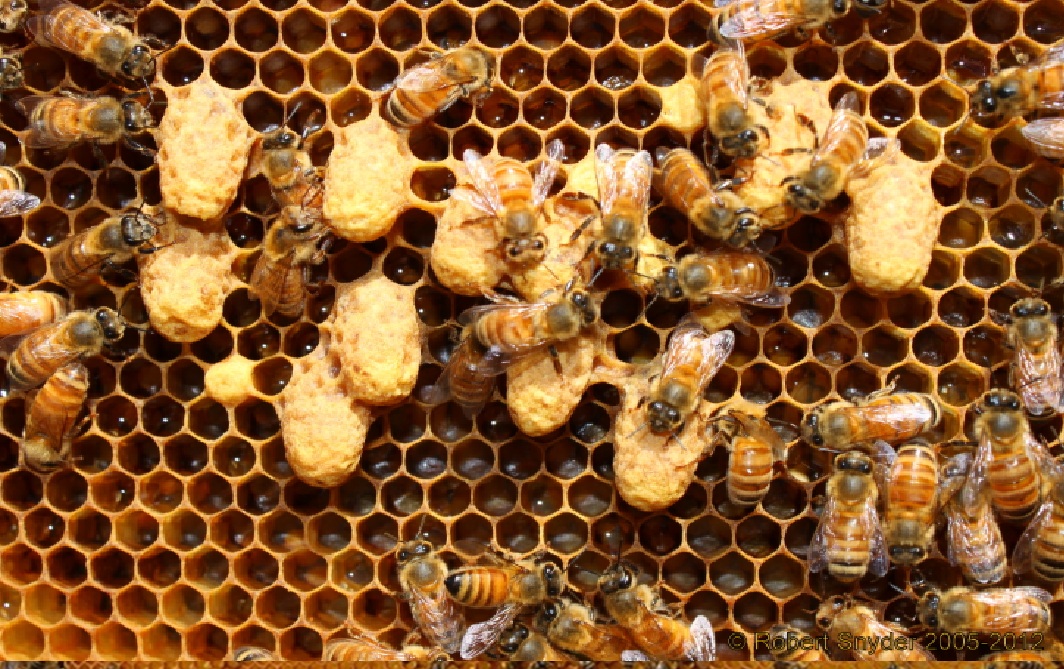
The Beekeeping Year Starts in August – Part 3 – Preventing Swarms
Buying and Transporting Queen Bees
